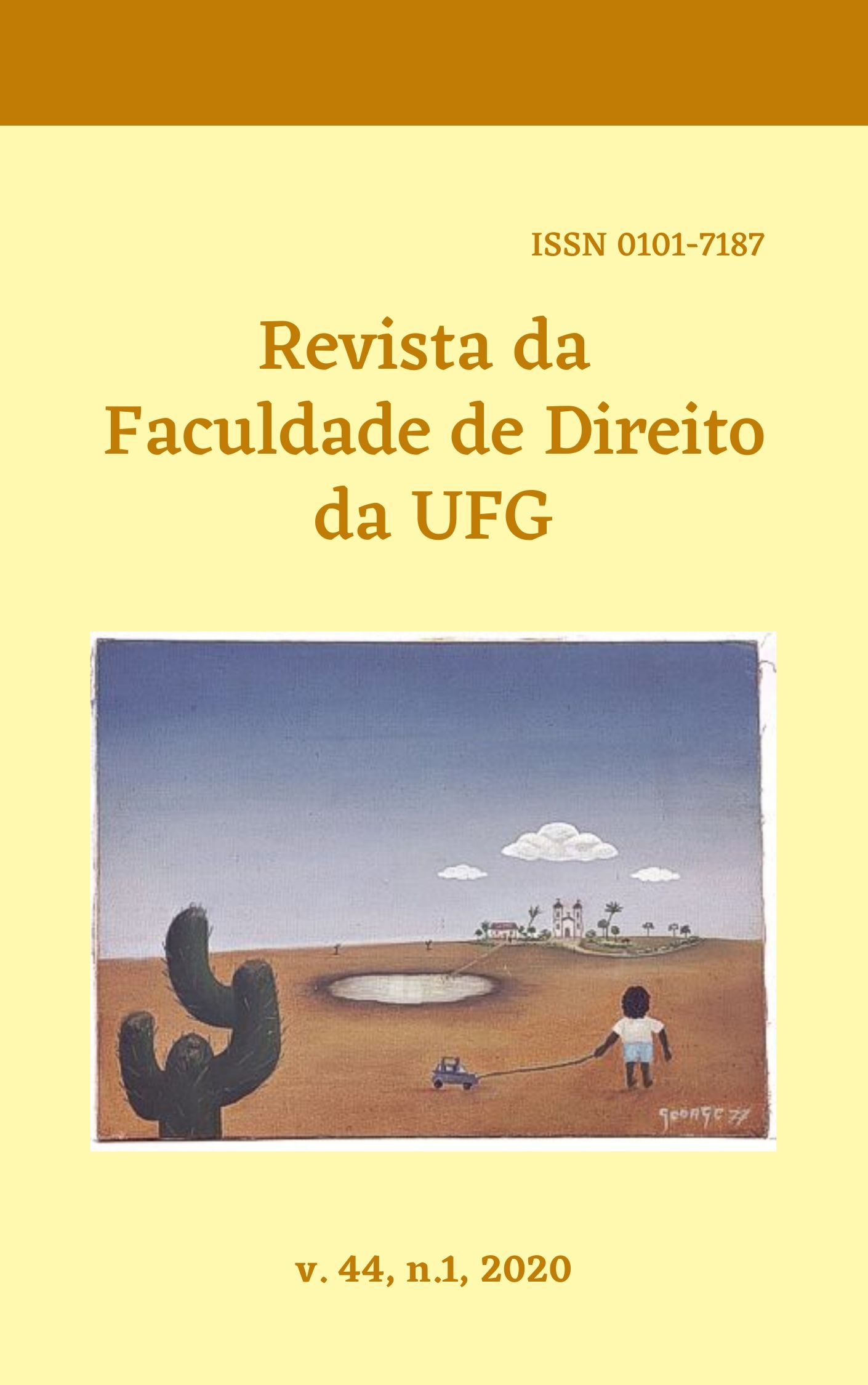PENSAMENTO COMPLEXO E MEIO AMBIENTE: UM DIÁLOGO ALICERÇADO NAS CONTRIBUIÇÕES DE EDGAR MORIN E NIKLAS LUHMANN
COMPLEX THINKING AND THE ENVIRONMENT: A DIALOGUE BASED ON EDGAR MORIN E NIKLAS LUHMANN CONTRIBUTIONS
DOI:
https://doi.org/10.5216/rfd.v44i1.56789Abstract
The risk in hypermodern society emerges as a destabilizer of the normative context and challenges the Law System to make decisions and propose alternatives to problems that can no longer be analyzed locally or in the present time in a reductionist and isolated way. In this sense, the proposal of the article is to carry out a dialogue with the Complexity Theory based on the epistemological foundations of Edgar Morin and Niklas Luhmann, presenting it as a more sophisticated theory for the Law System to understand the complexity of the risks of human intervention in the ecosystems. The systemic-constructivist method is used to explain ecosystems as complex, living, self-organized systems. In addition to the immeasurable benefits of the new technologies, they also carry intergenerational, transterritorial, and transtemporal risks for the capacity for destruction and the displacement of relations in time and space, creating an environment of increasing instability and uncertainty. These new challenges require that the System of Law operate anchored in the logic of complexity to account for the dialog between order, disorder and organization. In this sense, it is recognized that the complexity paradigm enables a methodological evolution in relation to the dominant paradigms when considering risk as a new rationality for legal decision-making.
Downloads
Downloads
Published
How to Cite
Issue
Section
License
Os Autores que publicam nesta revista concedem à Revista da Faculdade de Direito da UFG uma licença mundial, sem royalties, sujeita aos termos e condições da Licença Jurídica Creative Commons Atribuição 3.0 Brasil Creative Commons Attribution License
Os autores concedem à RFD UFG todos os direitos autorais sobre os artigos nela publicados, que os mantêm com exclusividade até o advento de domínio público sobre os mesmos.
























